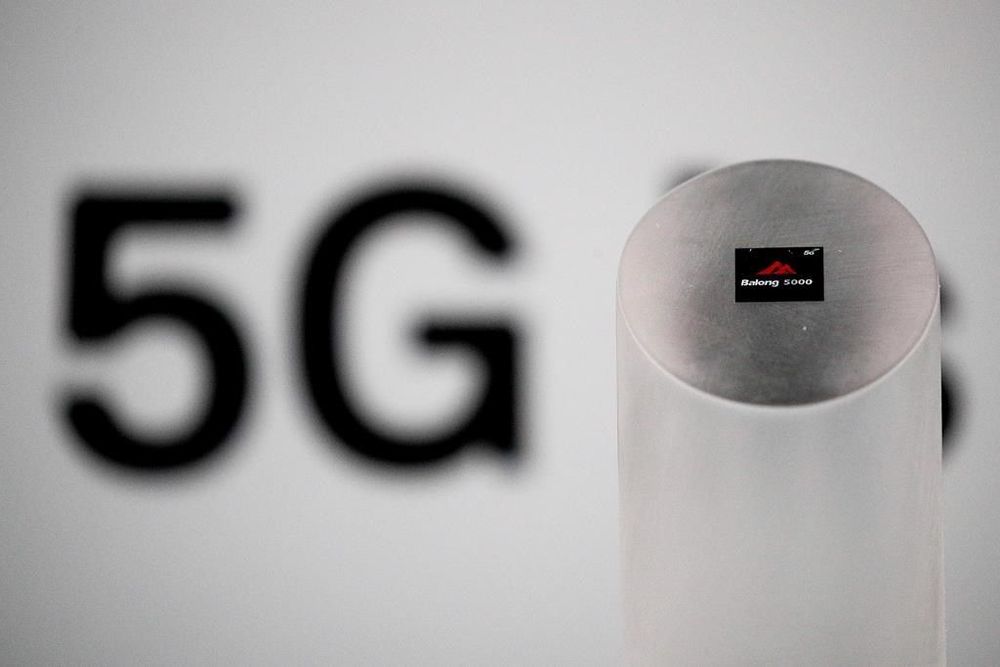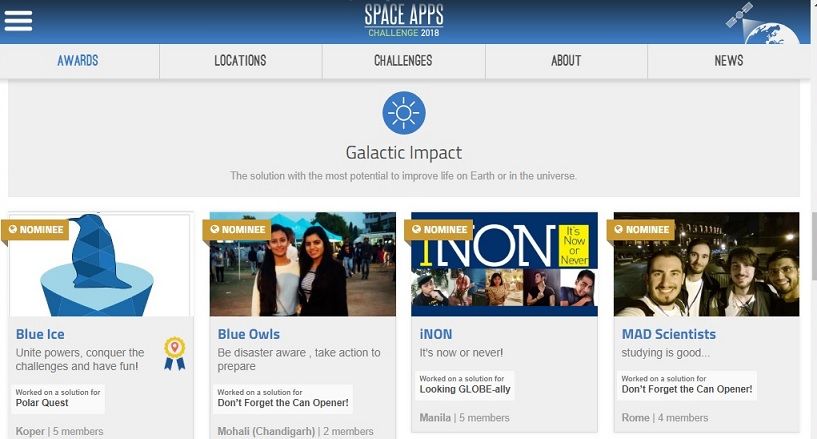https://paper.li/e-1437691924#/
A sore point.


One small step for man. One giant leap for…
Russian media is reporting that the American toilet on the International Space Station (ISS) burst late last week, spilling gallons of fluid that astronauts had to catch with towels.
Sure, it sounds like a story about an exceptionally bad roommate — but it might also be the latest escalation in the deterioration of relations between Russia and the U.S. in space, lending grim gravitas to the plumbing snafu.
Pee Tape
A source told Sputnik News, which is closely affiliated with the Russian government, that the toilet in the U.S. section of the ISS malfunctioned on Friday, spilling water into the microgravity environment. Water is a precious resource on the ISS, where filtration systems recycle shower water, sweat, and urine.

WCIA: A general strike seems like a personally costly way to protest, especially if you just stop working or stop buying things. Why are they effective?
Recent research suggests that nonviolent civil resistance is far more successful in creating broad-based change than violent campaigns are, a somewhat surprising finding with a story behind it.
When Erica Chenoweth started her predoctoral fellowship at the Belfer Center for Science and International Affairs in 2006, she believed in the strategic logic of armed resistance. She had studied terrorism, civil war, and major revolutions—Russian, French, Algerian, and American—and suspected that only violent force had achieved major social and political change. But then a workshop led her to consider proving that violent resistance was more successful than the nonviolent kind. Since the question had never been addressed systematically, she and colleague Maria J. Stephan began a research project.
For the next two years, Chenoweth and Stephan collected data on all violent and nonviolent campaigns from 1900 to 2006 that resulted in the overthrow of a government or in territorial liberation. They created a data set of 323 mass actions. Chenoweth analyzed nearly 160 variables related to success criteria, participant categories, state capacity, and more. The results turned her earlier paradigm on its head—in the aggregate, nonviolent civil resistance was far more effective in producing change.

OTTAWA — A Chinese telecommunication company secretly diverted Canadian internet traffic to China, particularly from Rogers subscribers in the Ottawa area, says an Israeli cybersecurity specialist.
The 2016 incident involved the surreptitious rerouting of the internet data of Rogers customers in and around Canada’s capital by China Telecom, a state-owned internet service provider that has two legally operating “points of presence” on Canadian soil, said Yuval Shavitt, an electrical-engineering expert at Tel Aviv University.
Shavitt told The Canadian Press that the China Telecom example should serve as a caution to the Canadian government not to do business with another Chinese telecommunications giant: Huawei Technologies, which is vying to build Canada’s next-generation 5G wireless communications networks.

The shutdown dragged on two weeks longer than any other in US history, and its effects on science have been profound. It has interrupted studies of everything from California’s coastal fisheries to clinical trials of experimental drugs, and key federal data sets have been pulled offline. Employees at many science agencies were forced to stay at home without pay for more than a month, and academic researchers have been deprived of key research funding.
Federal researchers head back to work after politicians approve deal to reopen government for three weeks. Federal researchers head back to work after politicians approve deal to re-open government for three weeks.

This is the first time that an entry from the Philippines has made it to the global finalists. http://verafiles.org/articles/filipino-it-experts-hope-nasa-…lenge-winn #SpaceApps #SpaceAppsPH
Filipino Information Technology enthusiasts are hoping that the temporary reopening of U.S. government operations after a 35-day shutdown would pave the way for the announcement of the winners in the NASA Space Apps Challenge, where one of the finalists is an app developed by a group of Filipino IT experts.
The announcement of the winners in the global competition was supposed to have been made in mid-January but has suffered a delay due to the federal government shutdown caused by a standoff over border security.
The shutdown, which began last Dec. 21, ended on Friday after U.S. President Donald Trump signed into law a funding measure that will allow the reopening of government operations until Feb. 15.

https://paper.li/e-1437691924#/
We’ll likely see a rise in internet blackouts in 2019, for two reasons: countries deliberately “turning off” the internet within their borders, and hackers disrupting segments of the internet with distributed denial-of-service (DDoS) attacks. Above all, both will force policymakers everywhere to reckon with the fact that the internet itself is increasingly becoming centralized — and therefore increasingly vulnerable to manipulation, making everyone less safe.
From a report: The first method — states deliberately severing internet connections within their country — has an important history. In 2004, the Maldivian government caused an internet blackout when citizens protested the president; Nepal similarly caused a blackout shortly thereafter. In 2007, the Burmese government apparently damaged an underwater internet cable in order to “staunch the flow of pictures and messages from protesters reaching the outside world.” In 2011, Egypt cut most internet and cell services within its borders as the government attempted to quell protests against then-President Hosni Mubarak; Libya then did the same after its own unrest.
In 2014, Syria had a major internet outage amid its civil war. In 2018, Mauritania was taken entirely offline for two days when undersea submarine internet cables were cut, around the same time as the Sierra Leone government may have imposed an internet blackout in the same region. When we think about terms like “cyberspace” and “internet,” it can be tempting to associate them with vague notions of a digital world we can’t touch. And while this is perhaps useful in some contexts, this line of thinking forgets the very real wires, servers, and other hardware that form the architecture of the internet. If these physical elements cease to function, from a cut wire to a storm-damaged server farm, the internet, too, is affected. More than that, if a single entity controls — or can at least access — that hardware for a region or even an entire country, government-caused internet blackouts are a tempting method of censorship and social control.
Utopistics is an emerging field in political science, dealing with the creation of an alternative social system or civilization with different values and priorities from the dominant ones today. Learn about it with this video:
Is there a viable alternative to the neoliberal economic consensus?
Is the nationalism and protectionism of Trump and similar politicians the only alternative?
Is another world possible?

This is a horrible, horrible idea. The company wants to create a series of satellites that can unfurl, which will reflect light, and that can be manipulated to send messages to earth. The entire collection, comprised of CubeSats, will provide an area of about 50 sq. km. and create a whole new kind of orbital debris.
According to the website, “When phones don’t work, during zero visibility, power cuts and catastrophical emergencies – government can use the display for urgent notifications for the population.” We can ignore the idea of them being seen during zero visibility, but can you imagine a message floating in the sky that you can’t just turn off?
It was bound to happen.
While the rest of us look up at the night sky, and wonder at what we’re seeing, ponder how it all fits together, and strain ourselves trying to understand how our origins are intertwined with all that we see, others don’t. They look up at the magnitude of the night sky and think none of these things.
Instead they think, “Hmmm…that’s a big, empty billboard. How can I make money from it?”

To be approved, government figures have shown.
More than 17,000 people have died in the past seven years while waiting for their disability benefit claim to be approved, according to figures obtained by The Independent.
The claimants, who were in the process of claiming a type of benefit named the Personal Independence Payment (PIP), were reportedly suffering from a mixture of terminal illnesses and disabilities, including anxiety and depression while they waited for their benefits to be paid.